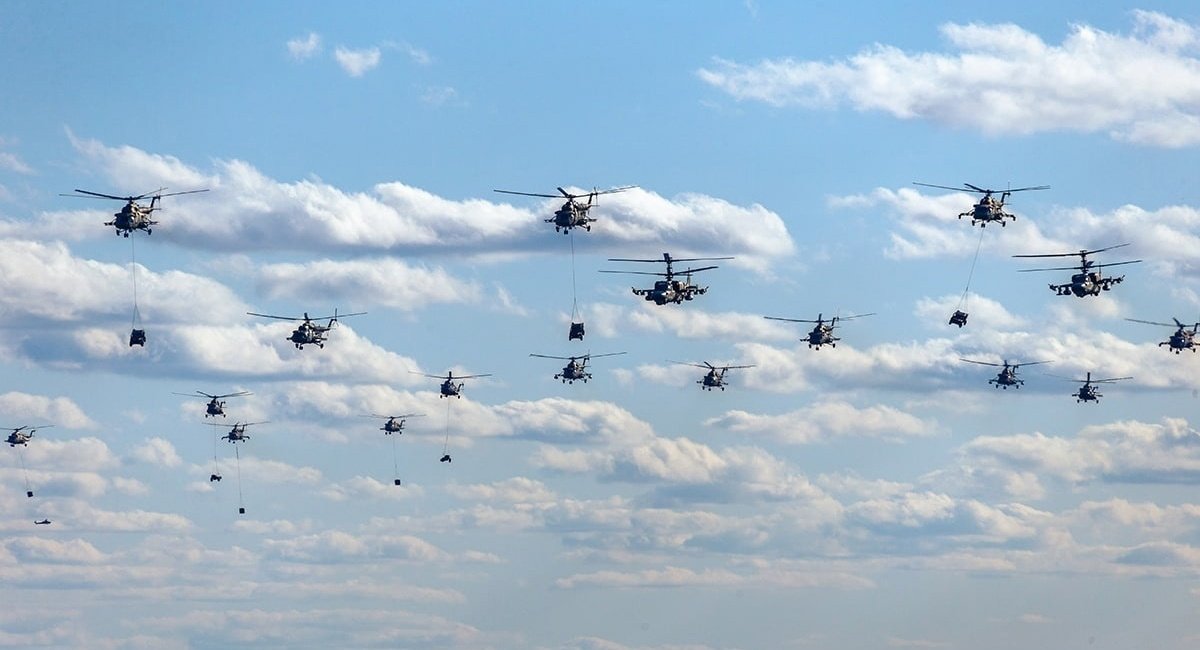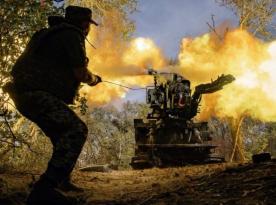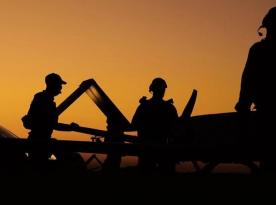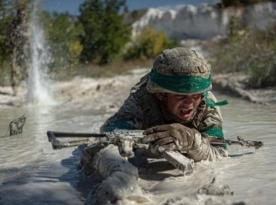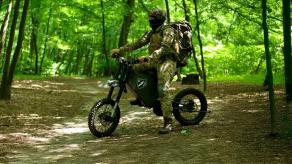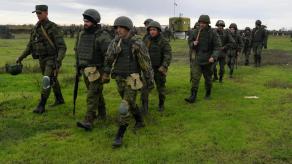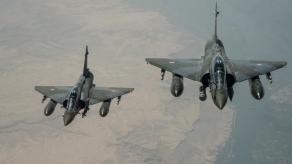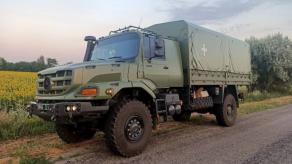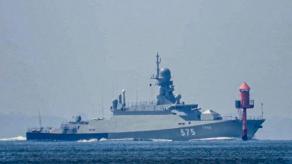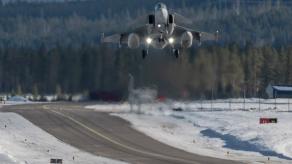After the migration crisis on the EU-Belarus border, which had been orchestrated by Moscow and staged by the Russia-controlled regime in Minsk, the Kremlin’s strategists have opted to heighten tensions on the border with Ukraine. A force grouping numbering over 100,000 troops have been amassed along Ukraine’s border for purposes no one knows. The American intelligence have assessed this to be an attempt by Moscow to regain control over Ukraine – a key to the Kremlin’s dream of re-establishing the Soviet empire.
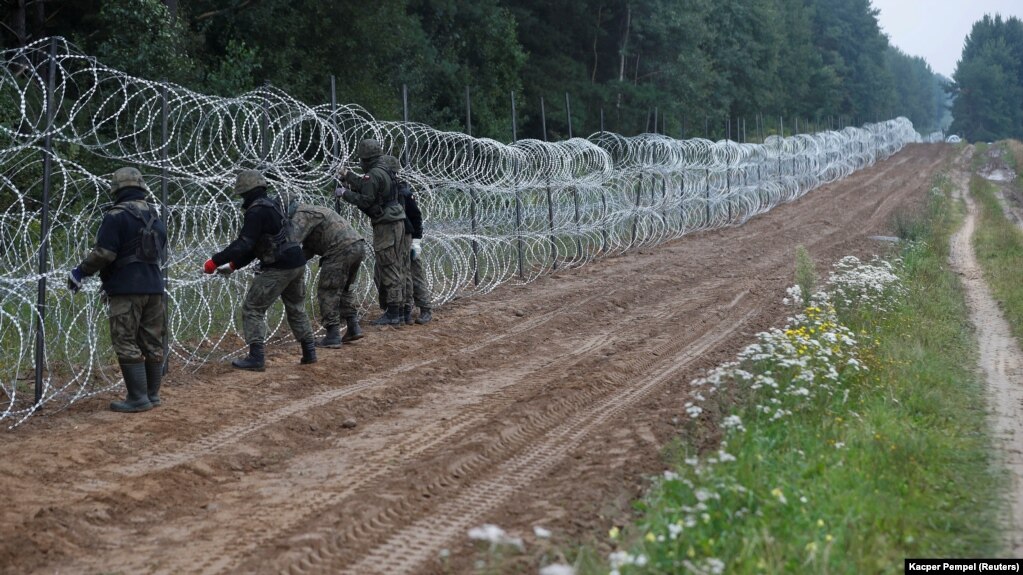
This all was taking place while preparations were underway for a virtual summit meeting between Presidents Joe Biden and Vladimir Putin and was very much alike speculation for a rise in a game being imposed on the world by the Kremlin.
Read more: Hybrid War at Sea: Ukrainian Experience
Along with deploying more of its troops and machinery towards Ukraine’s border, Russia began setting out a series of radical demands, which are unrealistic to be met. In particular, Moscow demands from Washington a commitment to cease supplies of lethal assistance to Ukraine and not to expand NATO to the east (in particular, rule out Ukraine ever joining the alliance). Moscow also demands that NATO take back its 2008 Bucharest Summit pledge that Ukraine and Georgia will become Alliance members.
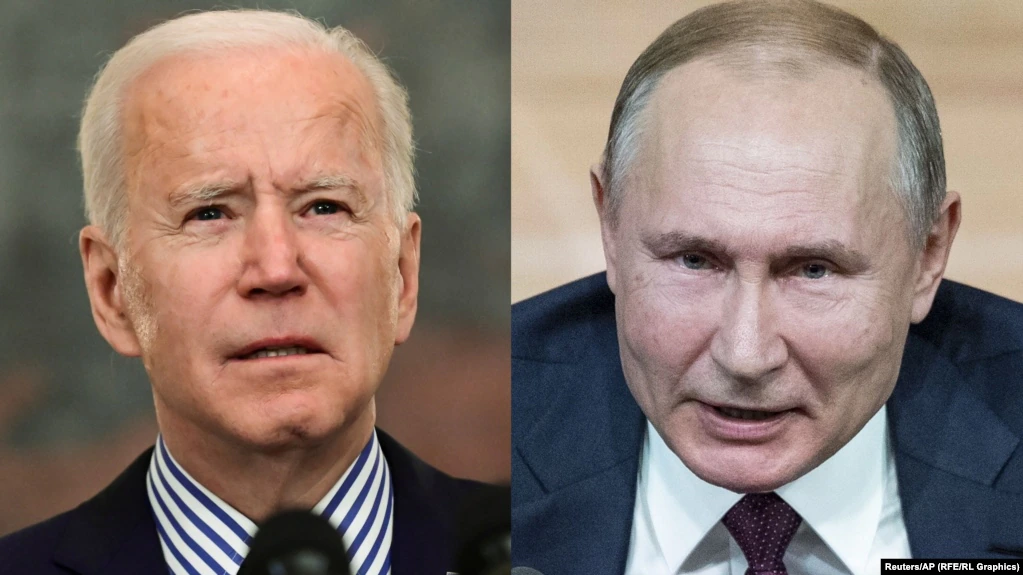
The Kremlin has also raised concerns over a sensitive to it issue such as that of Turkey supplying its Bayraktar TB2 armed reconnaissance drones to Ukraine. Putin condemned Ukraine’s “provocative” deployment of the attack drones in a phone call with Erdogan on December 3, according to a Bloomberg report. Mr. Erdogan told Ukrainian President Volodomyr Zelensky during an April meeting in Turkey that Russian President Vladimir Putin had threatened a ban on flights to Turkey from Russia unless Ankara pulls back from its drone sales and support to Ukraine, Wall Street Journal had reported.
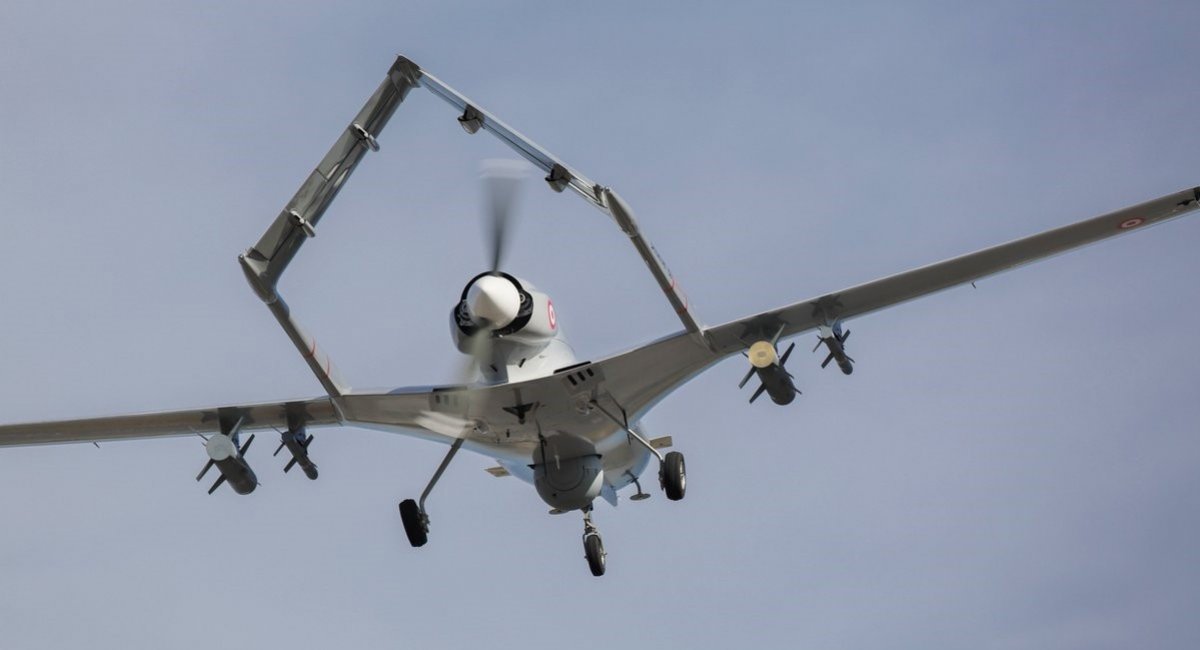
It seems like Russia’s efforts have not produced the results it expected. Moscow was left unsatisfied with the outcome of the Putin-Biden video conference held on December 7. NATO, for its part, said its relationship with Ukraine is a matter only for Ukraine and the 30 NATO Allies. Meanwhile reports came that Ukraine had launched local production of Turkish-developed Bayraktar drones.
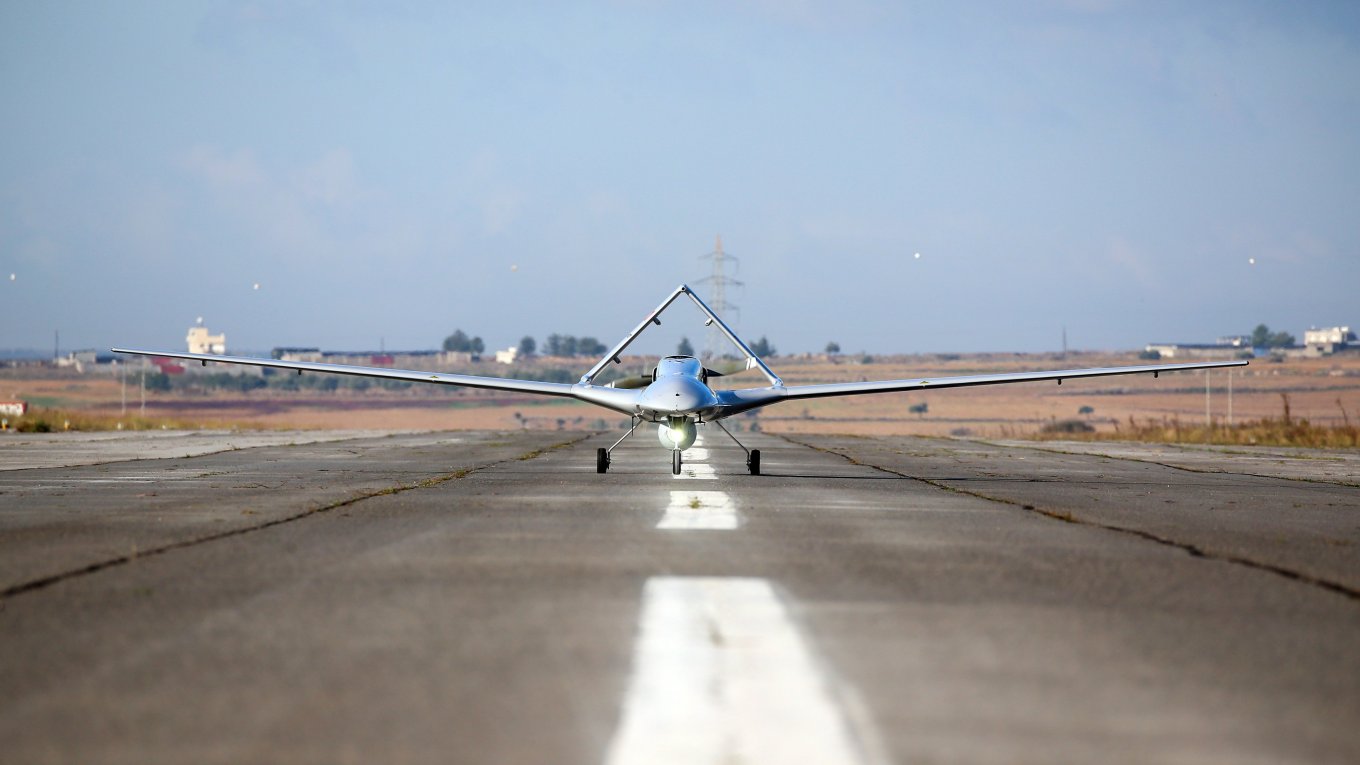
Moscow, angered after its list of demands to NATO went unanswered, then moved on to ratcheting up the crazy with actions aimed to draw more attention to itself. Russia has published a wish list of agreements on mutual security guarantees it wants to negotiate with the United States and NATO. The proposals, laid out on December 17 by the Russian Foreign Ministry, call for an end to NATO's eastward expansion, especially into Ukraine, and for limitations on the alliance's military activity in Eastern Europe, South Caucasus, and Central Asia, including cooperation with Ukraine and Georgia.
At almost the same time Russian officials began making statements, which simply contain little, if any, common sense but rather amount to more of a search for a “casus belli” in order to unleash a war in Europe. Russian Defense Minister Sergei Shoigu told a meeting of defense officials, attended by President Vladimir Putin on December 21, that representatives of private U.S. military contractors were purportedly preparing a ”chemical weapons” attack in eastern Ukraine.
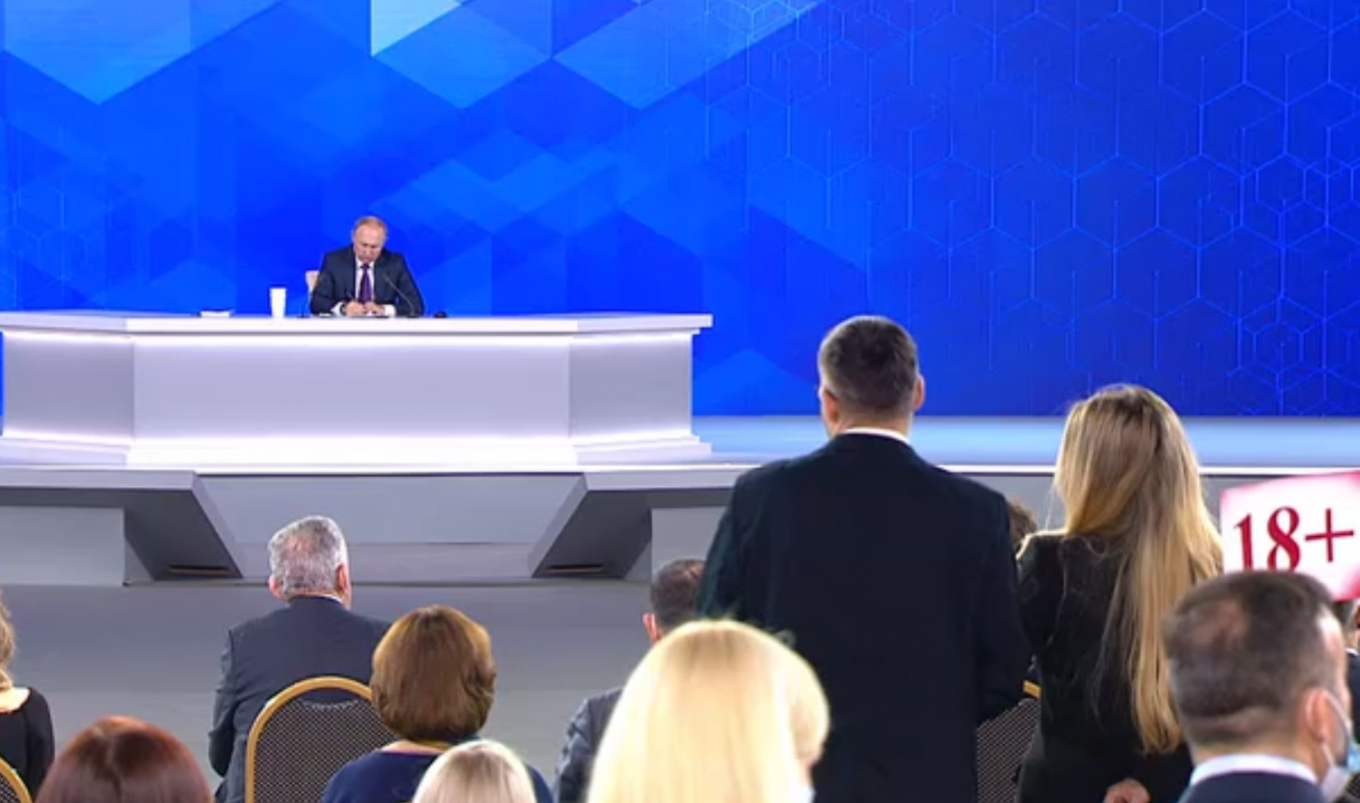
Just two days later, Russian President Vladimir Putin held his year-end telethon on December 23. The untrue, clearly fake claims about Ukraine, which were voiced in great numbers by the master of the Kremlin, make it evident that Moscow is seeking to shore up domestic support for potential further aggression. At the same time, the Russian president announced grand negotiations with the United States, allegedly concerning “Moscow’s demands that NATO renounce any expansion eastward” into the former Soviet bloc. The U.S. and Russia have agreed to hold security talks on January 10, 2022, in Geneva.
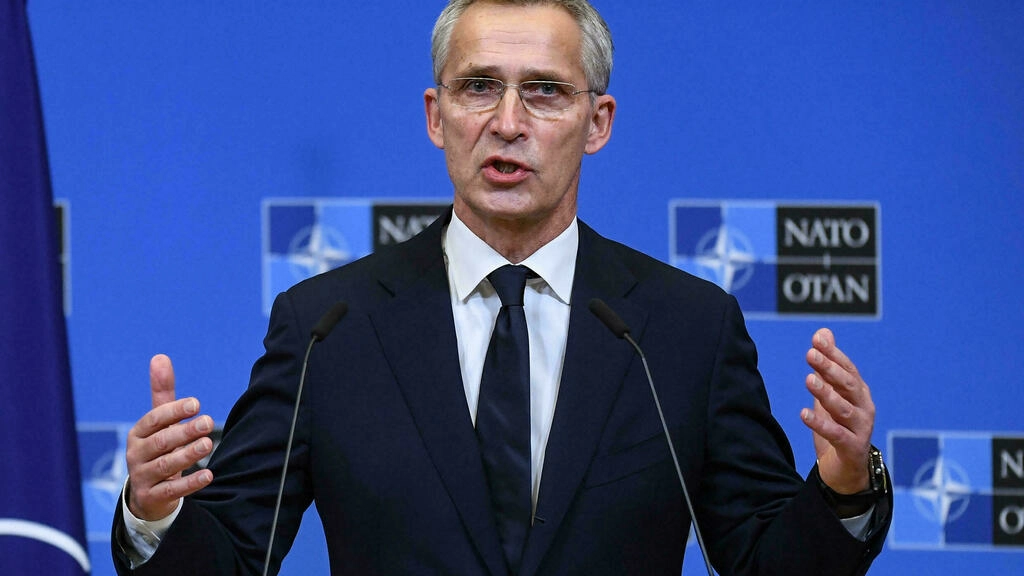
NATO, for its part, has offered to resume dialogue with Moscow through the NATO-Russia Council, which was set up in 2002 but currently inactive because of the conflict in Ukraine. The first post-suspension meeting of the NATO-Russia Council was proposed to be held on January 12, 2022, while Russian and OSCE representatives may meet on January 13.
At first glance, it might seem that Russia has achieved its objectives by having brought itself back into international attention. But this is akin to an attention paid by a nurse at a mental hospital to a grenade-armed patient rather than the mutual attention paid to each other by business partners. This narrative rises more from unpredictability of the leadership of Russia who currently has almost fifty percent of the world’s nuclear weapons.
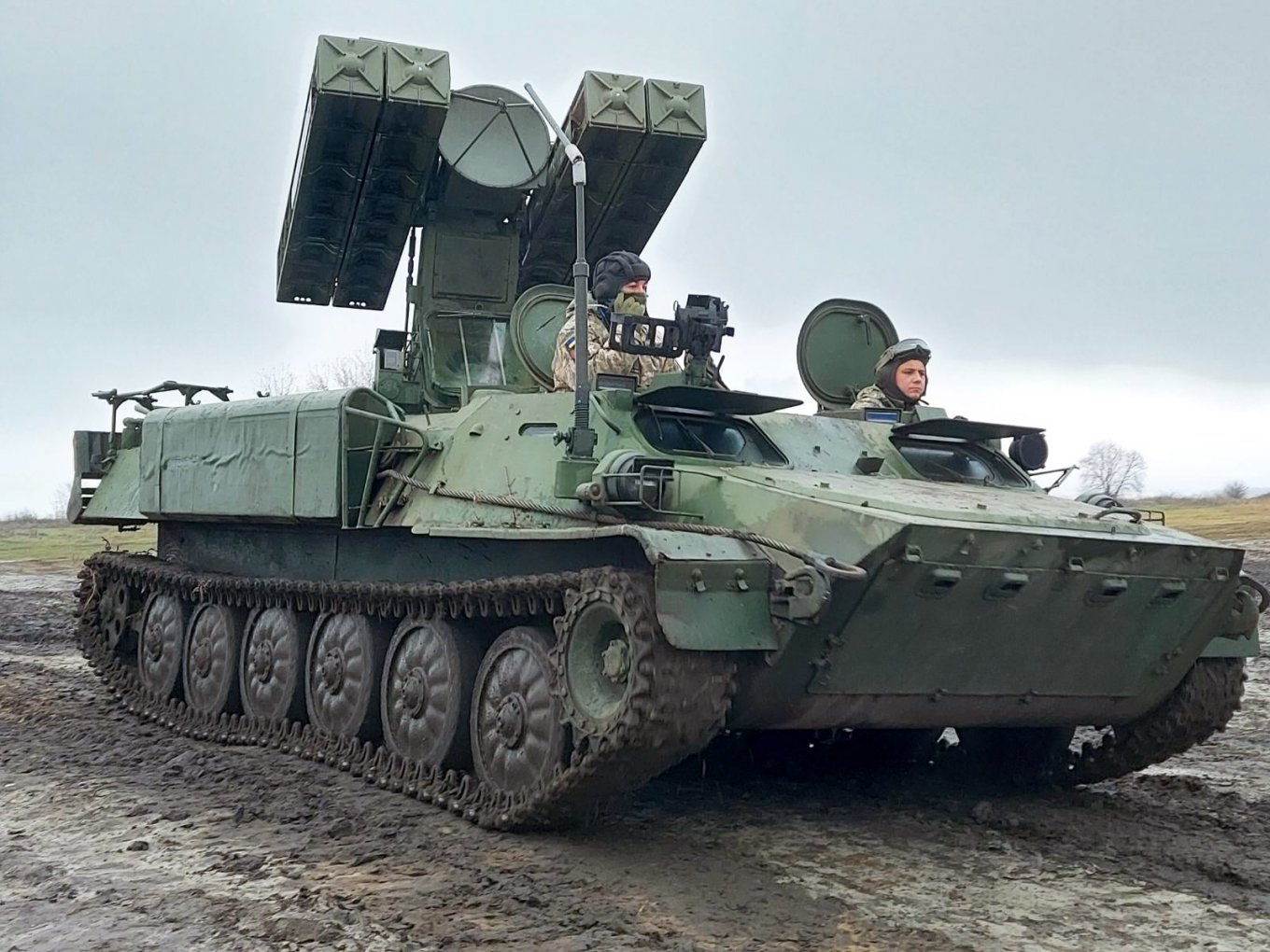
Russia, who claims her place among the leading states of the world, has no reason to expect that the Collective West would hold negotiations with it as co-equal parties. Russia’s current leadership accuses Western countries of being insidious and threatening Russia’s security, but Moscow itself has meanly and purposefully violated international law and breached its obligations under the Budapest Memorandum, by which it had provided security assurances for Ukraine in exchange for it abandoning its nuclear arsenal. Russia has seized Crimea from Ukraine and occupied a big slice of the eastern part of the country. Since then, Russia has lost the trust of the civilized world and must be punished to make sure that this world has a hope for justice and a chance of survival.
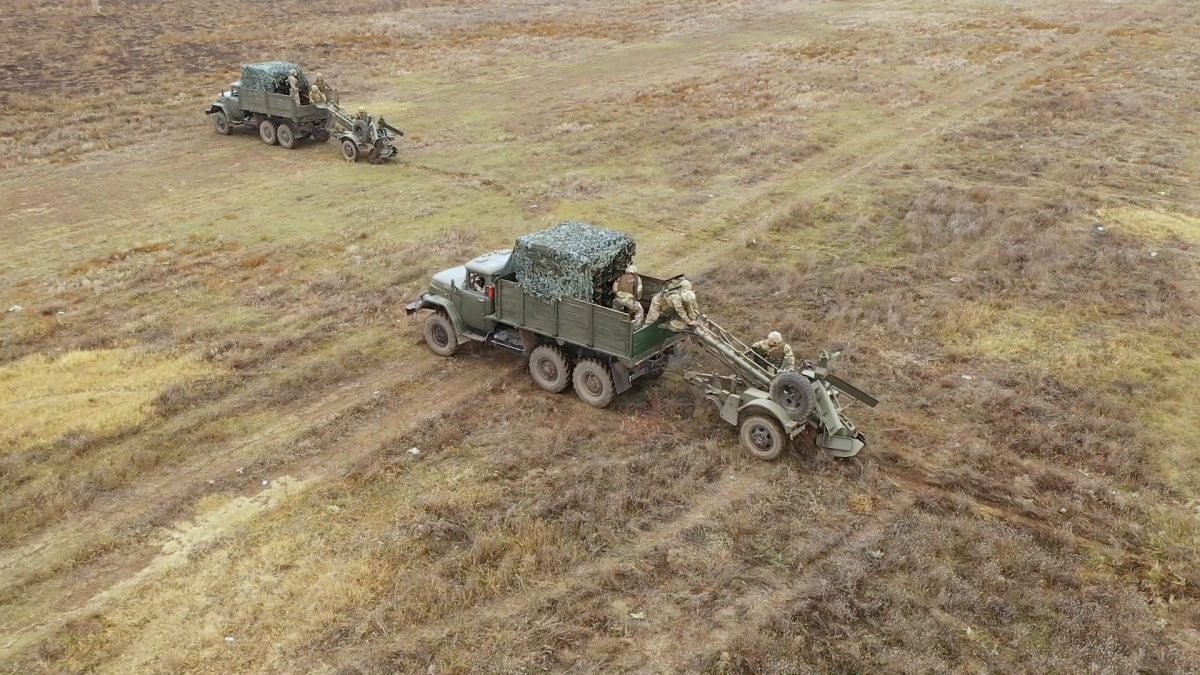
It should always be borne in mind that by exacerbating external tensions the Kremlin's regime is seeking to distract its people from internal failures, ranging from low socio-economic status and poverty to powerful centrifugal sentiments in some parts of Russia. Here, the Collective West must not play along with the Kremlin, but instead focus on building a robust nuclear weapons control system and creating a reliable security belt around Russia, of which a key element will be Ukraine -- a victim of and a punishment for the aggressor and international law violator.
Read more: 1,100 Russian tanks, 330 warplanes along border with Ukraine



